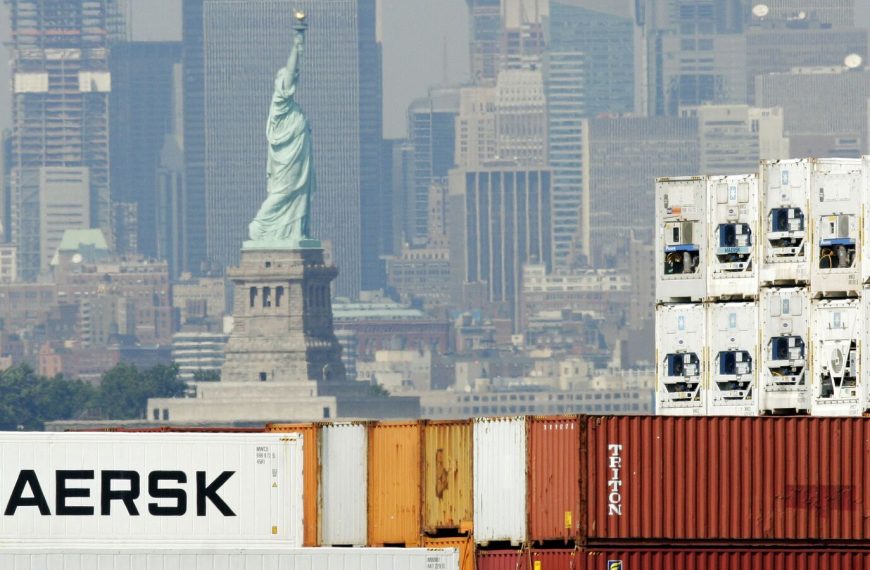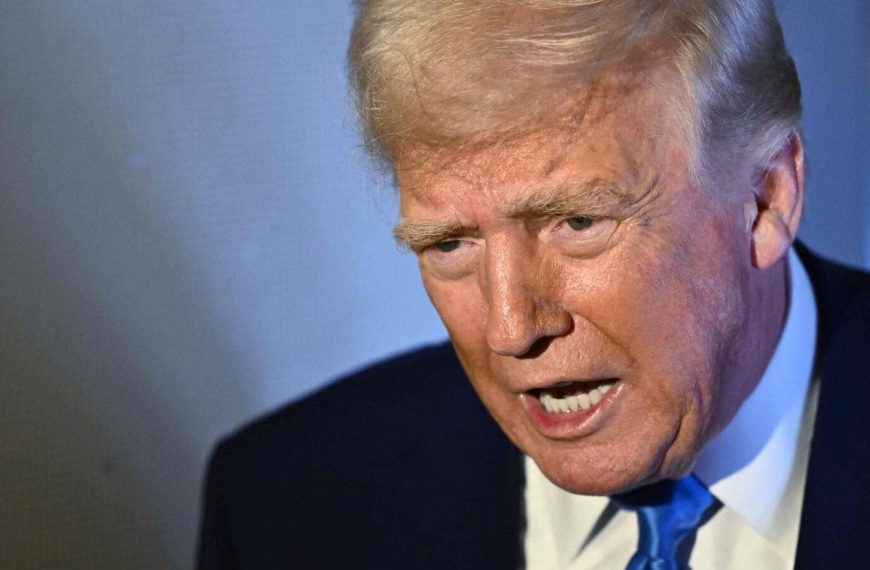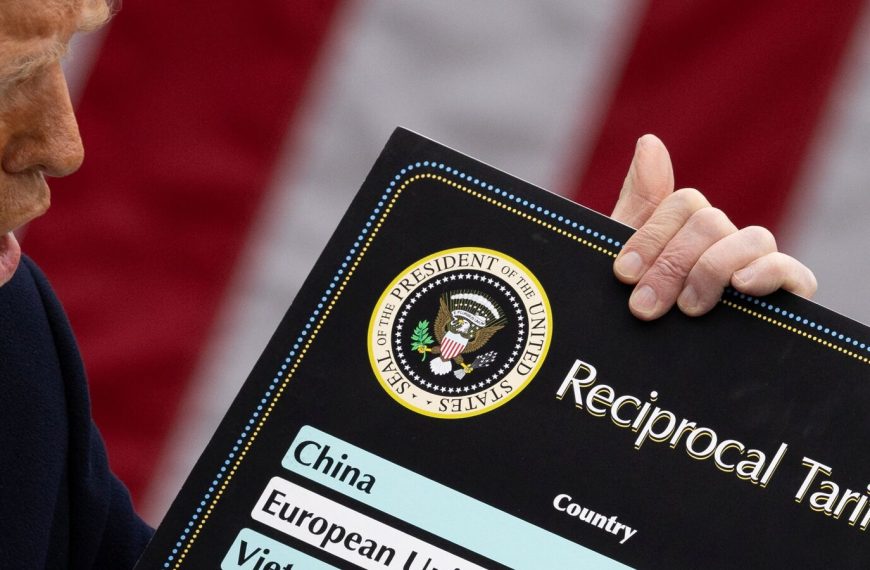Trade ministers from China, Japan, and South Korea have come together to advocate for an open and equitable flow of goods while emphasizing the importance of enhancing their economic relationships. This meeting comes just ahead of the Trump administration’s anticipated imposition of new tariffs on various nations. Held in Seoul, the discussions included South Korea’s Industry Minister Ahn Duk-geun, Japan’s Yoji Muto, and China’s Wang Wentao. Although there were no major breakthroughs in trade agreements, the talks reflect a growing commitment to collaboration amid the challenges posed by U.S. tariffs.
Commitment to Economic Cooperation
In a joint statement, the ministers acknowledged the necessity for ongoing trilateral economic and trade cooperation. They underscored the importance of addressing emerging challenges and achieving measurable results in crucial areas. This collaborative spirit is vital as they navigate the impending 25% tariff on car imports, which is set to take effect on April 3 at 12:01 a.m. Washington time.
- Key Highlights:
- The meeting emphasized the need for deeper ties among the three nations amid U.S. tariff pressures.
- South Korea and Japan are significant vehicle exporters to the U.S., making them particularly vulnerable to these tariffs.
Impact of U.S. Tariffs
President Donald Trump is also preparing to introduce reciprocal tariffs that could impact industries such as semiconductors and pharmaceuticals. The semiconductor sector is especially critical for South Korea’s economy, which relies heavily on exports.
The U.S. tariffs have not only targeted China but have also extended to American allies like Japan and South Korea, demonstrating that no country is exempt from the repercussions of U.S. trade policy. As the trade war escalates, these nations are seeking to bolster their economic ties.
China’s Open for Business Message
China has been proactive in promoting its trade agenda, positioning itself as open for business in stark contrast to the protectionist "America First" stance taken by the U.S. Recently, President Xi Jinping held a meeting with global business leaders in Beijing to enhance investor confidence amid rising tariffs and economic uncertainties. Notable attendees included executives from Samsung Electronics and SK Hynix, two of South Korea’s leading firms.
Strengthening Regional Partnerships
In addition to their discussions, the ministers reaffirmed their commitment to the Regional Comprehensive Economic Partnership (RCEP). This initiative aims to streamline supply chains and facilitate trade and investment among the largest Asian economies, excluding the U.S.
- Key Points on RCEP:
- Aims to enhance economic cooperation in the Asia-Pacific region.
- Excludes the U.S., creating a focused platform for China, Japan, and South Korea.
Japan is now considering measures to protect local employment in light of U.S. car tariffs, while South Korea plans to implement emergency measures to support its automotive sector. Meanwhile, China has enacted retaliatory tariffs against the U.S. while attempting to stabilize relations with its key trading partners.
Looking Ahead
This meeting of trade chiefs followed a recent diplomatic gathering in Tokyo, setting the stage for Japan to host the next summit of their leaders. As these nations navigate the complexities of international trade, their collaborative efforts may play a crucial role in shaping their economic futures amidst global uncertainties.











